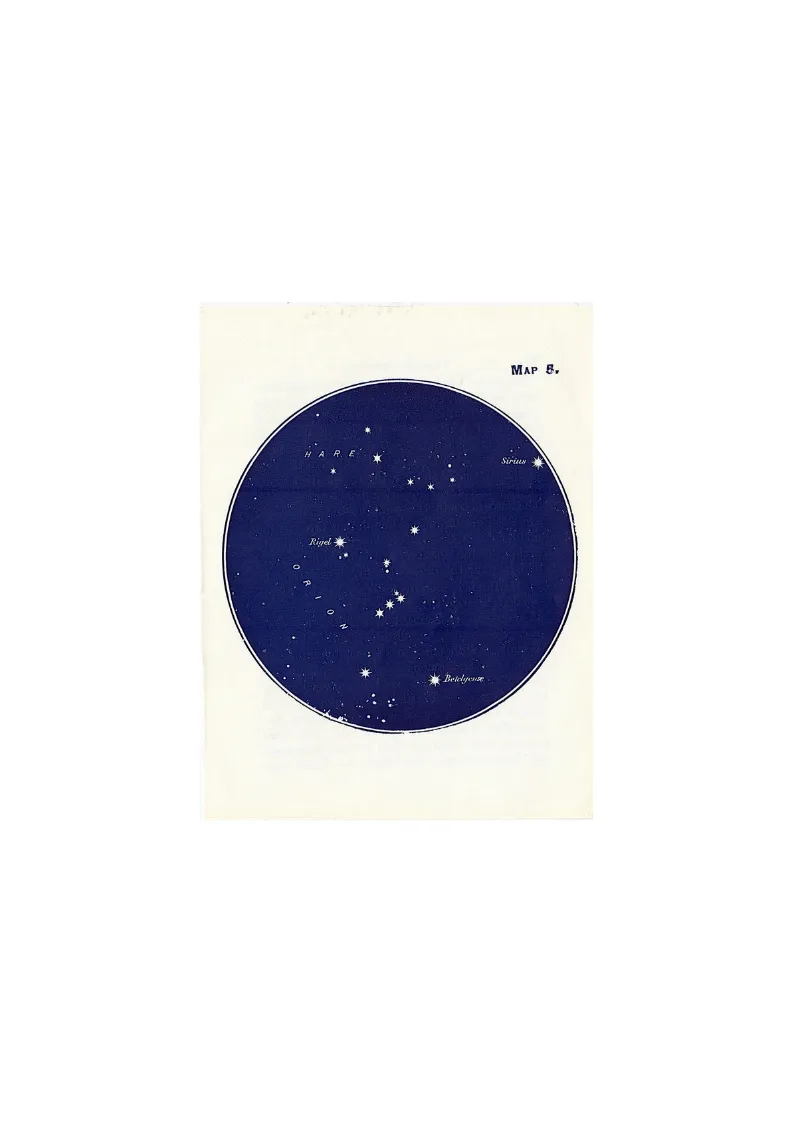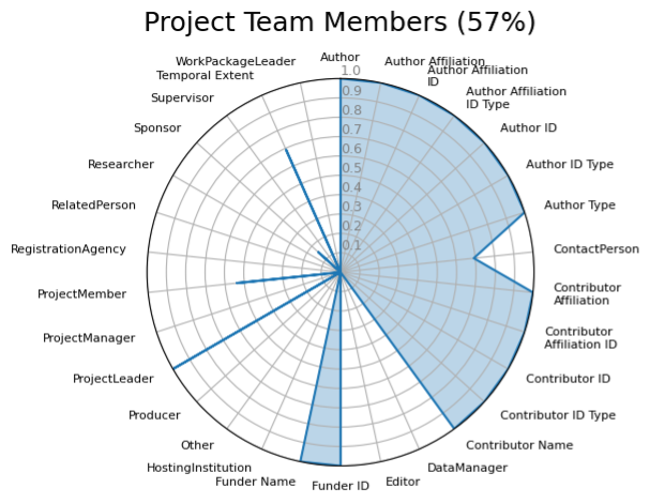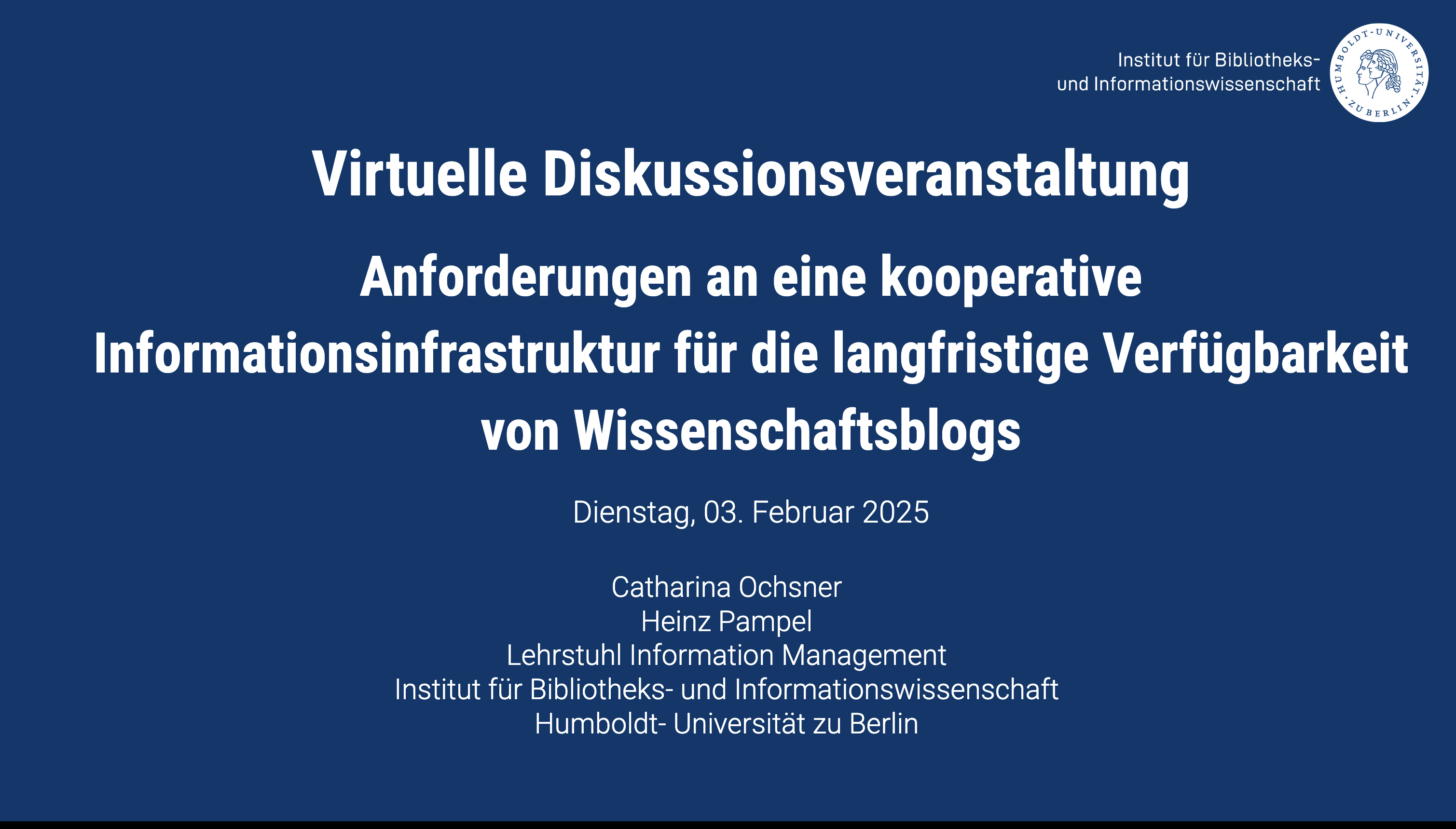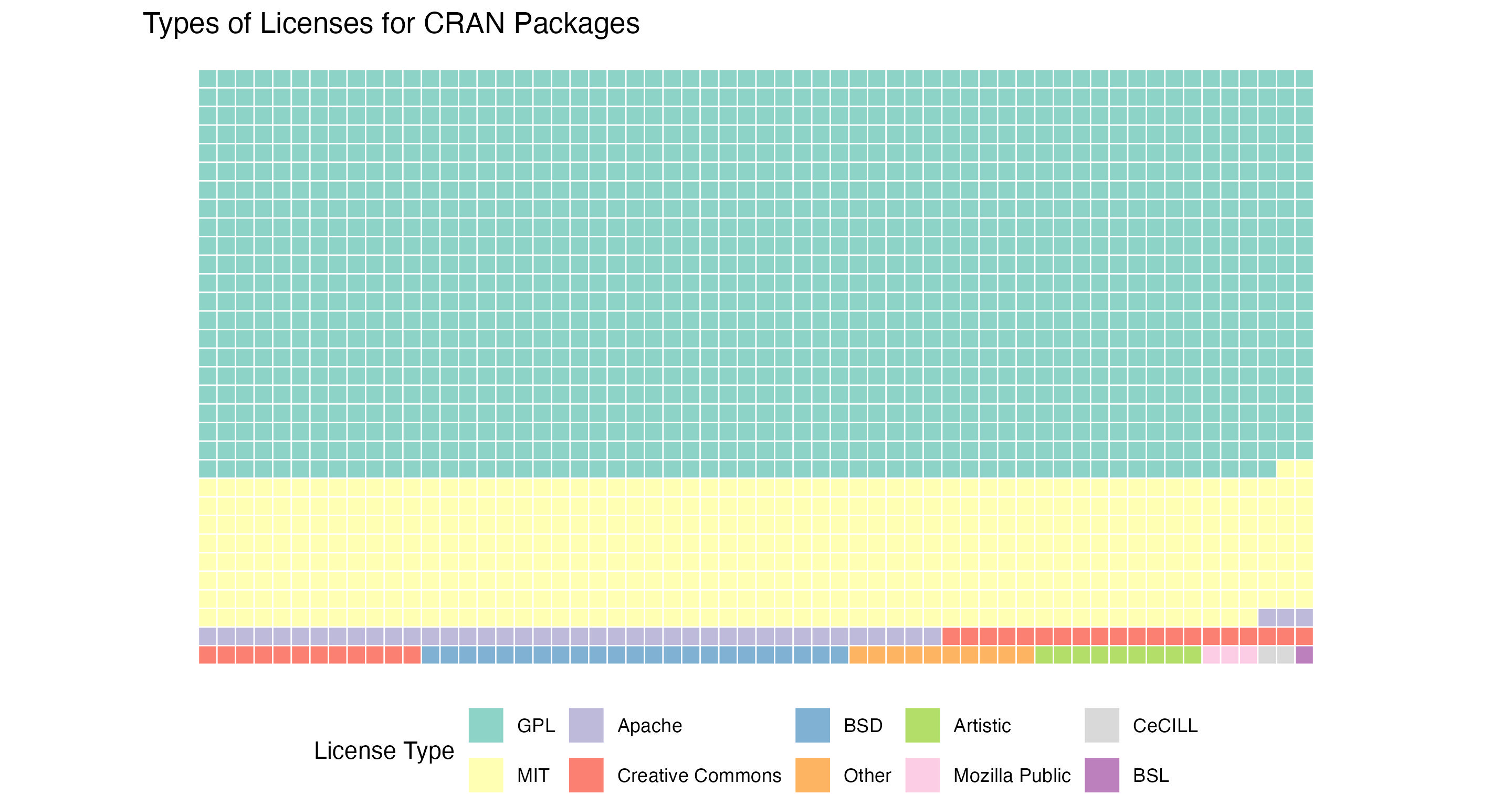
read this article in English Die Blogreihe „Frauen in der Wissenschaft“ stellt Frauen aus der TIB vor, die Einblicke in ihre Wege und ihre persönlichen Erfahrungen in der Wissenschaft geben. Prof.

read this article in English Die Blogreihe „Frauen in der Wissenschaft“ stellt Frauen aus der TIB vor, die Einblicke in ihre Wege und ihre persönlichen Erfahrungen in der Wissenschaft geben. Prof.
Here’s a conundrum. When posting a new preprint, we typically have to juggle up to three DOIs (for the preprint, the code, and the data). How can we cross reference these DOIs?

History holds many lessons that we repeatedly ignore. One such lesson is about the concentration of power. When power concentrates around infrastructure that everyone depends on, accountability erodes and abuse becomes inevitable. In post-Soviet Russia, oil and gas barons emerged by embedding themselves so deeply into the nation’s energy systems that economic and political life became inseparable from their interests.
Die Neue Politische Literatur (NPL), eine Fachzeitschrift für geschichts- und politikwissenschaftliche Rezensionen, ist nach sieben Jahrzehnten ihres Bestehens zum Diamond-Open-Access-Modell (DOA) gewechselt. Was sind unsere Beweggründe hierfür? Wie ging der „Flip“ vonstatten? Wie blicken wir in die Zukunft? Eine Zeitschrift mit langer Geschichte Die Wurzeln der „Neuen Politischen Literatur“ (NPL) liegen in den 1950er Jahren.

About 85% of the almost 50,000 Rogue Scholar blog posts are written in English, while German, Spanish and French are the most popular languages other than English – for example more than 5,000 German-language blog posts have been archived.

Daniel Robles Lizano, DR © Alto relieve en colofonía (resina de pino) México, 2019 Redes del artista https://www.daniel-robles.com Esta es una reproducción digital, con fines de divulgación, de una obra original, todos los derechos de autor y reproducción están reservados por el artista.

Since 2019, OpenCitations has undergone a period of significant growth and consolidation, becoming a far more complex and interconnected infrastructure.

The rise of open research information resources is transforming the way we track, analyse and study research systems. Increasingly, sources like OpenAIRE, OpenAlex, Crossref, DataCite, ORCID, ROR and others are being used as the basis for making decisions, designing interventions and understanding progress in the science system.

Ted Habermann, Metadata Game Changers Repository managers have been using DataCite metadata to describe projects since at least 2017.

Scholarly blogs enable researchers to communicate their research results and research-related topics quickly and openly, initiate discussions and promote dialogue among colleagues and also between scholars and society. However, compared to traditional forms of scientific output, like journal articles, conference proceedings or monographs, blogs are not yet integrated into digital research and information infrastructures.

Why you should care about data science software licenses and how to learn more